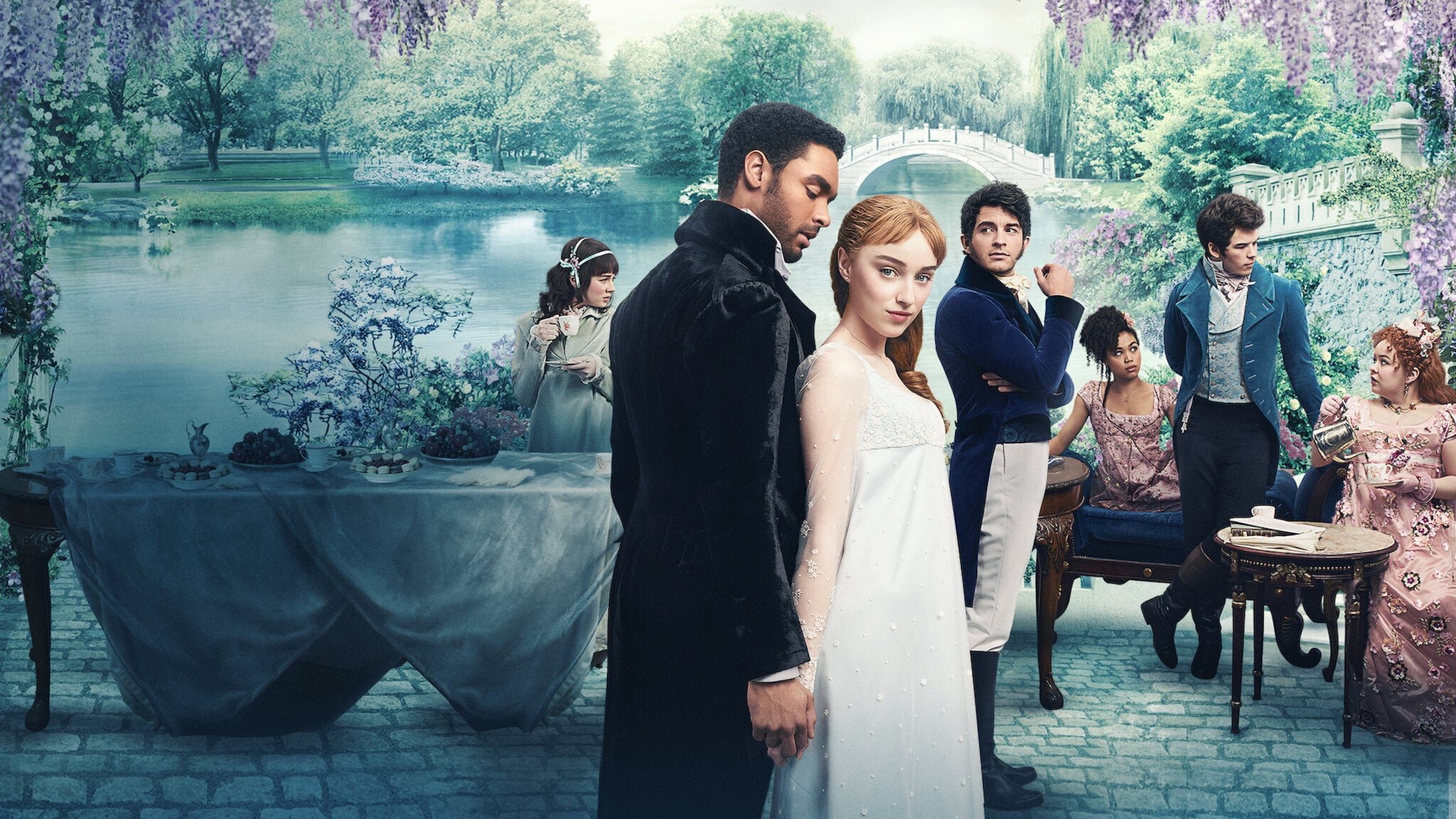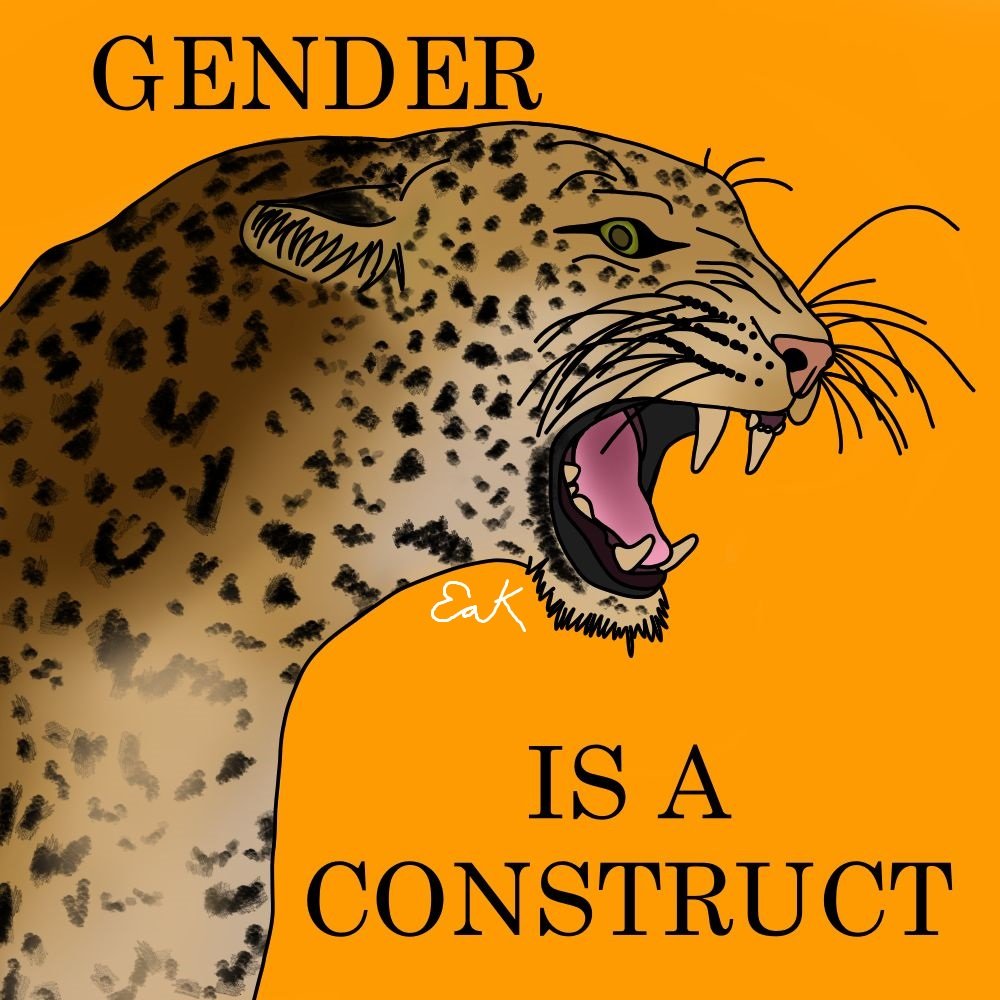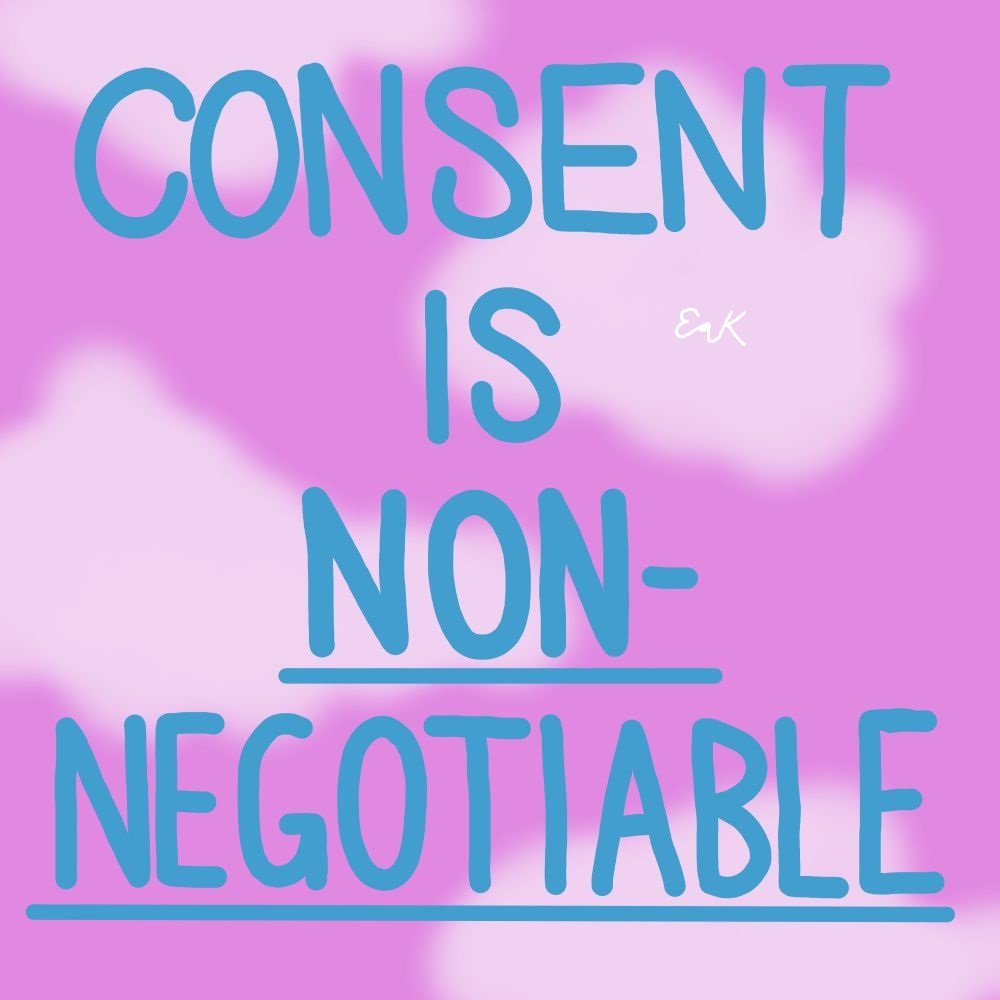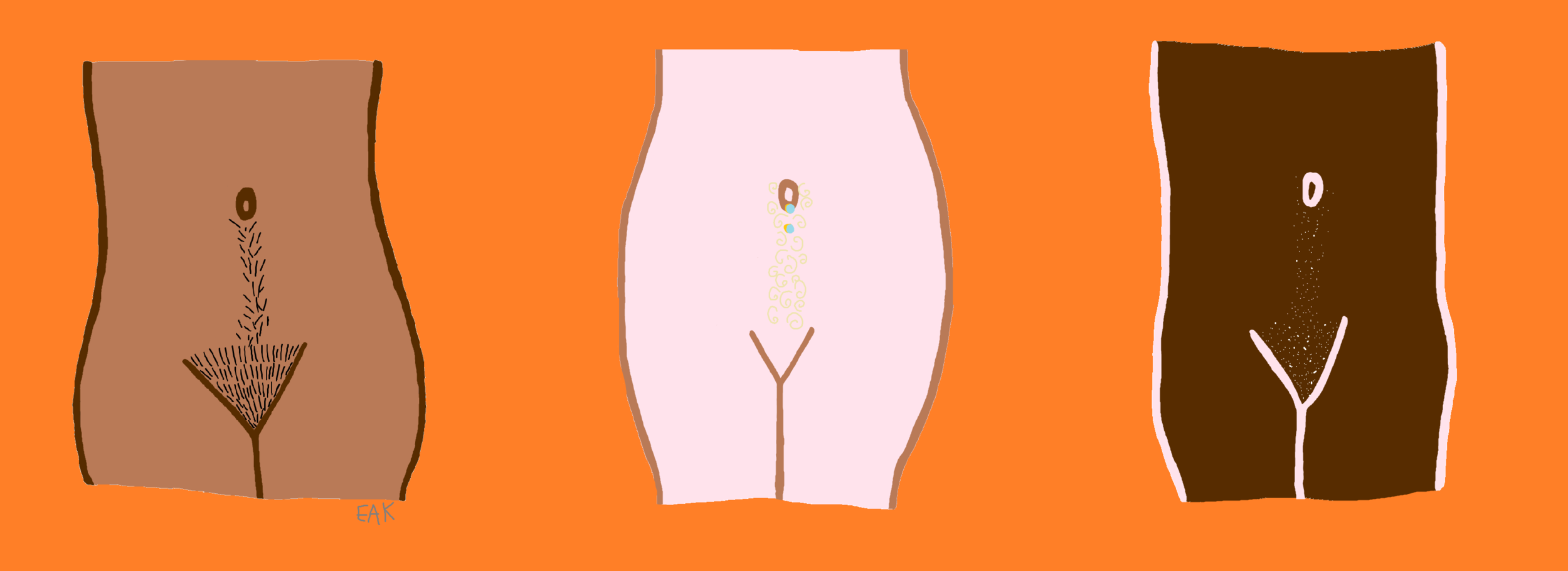WRITTEN BY A MEMBER OF SCHOOL OF SEXUALITY EDUCATION’S BRILLIANT YOUTH ADVISORY PANEL (YAP).
Jazmín, aged 18, Argentina
Translated from Spanish. Spanish version also available on our here.
Being one of the most watched shows on Netflix, Bridgerton brought to the table how patriarchal culture has affected every aspect of our lives since the beginning of time. This blog will analyse and highlight some of the issues the show tackles.
Based on Julia Quinn's novels, this drama is set in Regency Era London, and revolves around the ‘Ton’. It is set during the social season, when debutants make their entrance into the “marriage market”, as Lady Whistledown, the narrator of the series, calls it.
“Marriage market” might not make sense in our heads when we think of marrying someone, but as I will explain, some of its characteristics remain to this day.
GENDER NORMS
In the first episode, the debutantes are presented to the Queen who judges them based on their appearance. This event means everything to these young women, to the extent that one of them faints due to the tightness of her corset, and we see parallels with this today. This might seem like an exaggeration, but the reality is that a lot of women, especially teenagers, face body image pressures because of the stereotypes that being thinner is being prettier.
As the episode continues, Daphne, the main character, has to obey her older brother just because he is “the man of the house”. For that reason, she can't dance with anyone, even if she wants to. According to her brother, she must leave men “wanting” otherwise she would be seen as a shameless woman who lives a non-conservative sexual life. This judgement is part of daily life, categorising liberated women as having less value than those who conform with the norms.
Something similar happens when Daphne and the Duke of Hastings kiss in the garden before getting married. Anthony, Daphne’s older brother, finds them and as a consequence he must bring ‘honor’ back to his family. This makes Daphne both the victim and the one to blame – both a slut and a child, incapable of taking care of herself. At the same time, a man has to take responsibility for the situation, demonstrating what it means to “be a man”.
Daphne: “Do you think because I'm a woman I'm incapable of making my own choices?”, “Do you even care that Simon has dishonored me as you say it is it your male pride that you seek to satisfy?”
This gender norm seems to affect not just Anthony but also the Duke, whose duty as a man was determined since the day he was born – an idea which certainly chimes with the present day. Even before the birth of a baby, people start to assume likes and behaviors that the child should have according to their sex assigned at birth. If the baby is female, then she should like pink and she must be sweet, respectful, charming and caring. If the baby’s male, then he should like blue and he must be brave, disciplined, insensitive and caring – but not in a ‘feminine’ way but rather in a dominant, protective, way.
This also happens in another conversation, when Anthony offers him Daphne's dowry, which he refuses to accept, claiming that “Her wellbeing is my responsibility now”. This means not only a huge responsibility for the Duke, but it also sentences Daphne to a life of obedience, reflecting the stereotypes shown in the previous paragraph.
FEMINISM
In all eight episodes of Season One, we see revolutionary thoughts. Every woman in the series recognises that there is a difference between the power that women and men have. Being aware of this, they are capable of turning stereotypes to their favour. They spread a rumor so that Daphne can avoid a marriage to someone she doesn't want.
Daphne: “Who would believe a group of women over a man's word?”
Violet, Daphne's mother: “Perhaps no-one, but they will if Lady Whistledown does. So we should do what women do, we should talk.
Although this suggests Lady Whistledown has power and influence, Eloise, Daphne's younger sister observes that: “Whistledown is a woman. Therefore, she has nothing. You are a man. Therefore, you have everything.”
Eloise is the most controversial character of the drama. She is open about her ideas and isn’t afraid of expressing her anger against the patriarchal culture. She explores the foundations of patriarchy and the more complex matters relating to the oppression of women. At first, she is only worried about her future: “Why it must our only options be to squawk and settle or to never leave the nest? What if I want to fly?”, “Do you know what is an accomplishment? Attending university! If I were a man I could do that, you know.”
Then, she starts to worry about other women that she knows. For example her friend, Penelope, has a maid who is pregnant and single. The maid plans to escape with the father of the baby, which only increases Eloise´s concern: “Then, she has even a greater reason to be frightened. Once she is married, her life is over. Oh, that poor maid!”
She is able to express her ideas towards patriarchy when discussing a painting with Penelope, showing that all women seem affected by it – not just her. “That's because, like all of this paintings, it was done by a man who sees women as nothing more other than a decorative object.”
She also seems to reject her older sister's lifestyle and doesn't hesitate to question her:“So Daphne may be in love, does she think it an accomplishment? What exactly has she accomplished, then? She certainly did not build that man or bake him. He simply showed up.”
Daphne, on the contrary, isn't as determined as Eloise although she often seems tired with her situation.
Daphne: “You don't have idea what it is to be a woman.”, “This is what I was raised for, [...] I don't have other value.”
These lines show how she really feels about the pressure of getting married and being a mother, even if that's what she wants. Certainly this is a pressure that many women feel, especially if they decide that they don't want to be a mother . Even if no-one else openly judges them, which is extremely unlikely, they have to deal with the internalised misogyny, which may make them feel unworthy and incomplete.
LACK OF INFORMATION
From the second episode we can see characters being curious about things that might be obvious to us, such as how babies are conceived. Eloise, being a teenager, doesn't have this information: “How does a lady come to be with child?” Not even Daphne, who is already married: “If it is this difficult to discuss, how difficult it must be to perform.” In both cases, they feel scared, because of the possibility of getting pregnant before marriage or because of the “marital act” itself.
It is clear that today we have more information about sex and many issues are no longer as taboo but unnecessary mystery around this topic is still part of our society.
To these sisters, there aren't clear answers, which increases their confusion and plays a fundamental role in the show. For example, when Eloise´s brothers try to explain it to her their mother stops them: “I hope you are not encouraging improper topics of conversation.” While this might seem as far from our reality as it can be, sex is often explained through metaphors to people who have the capacity to understand. This is added to the fact that sex, is most of the time, explained from a heteronormative point of view. This increases the confusion and fear around it – feelings that should have been left behind decades ago.
SEXUAL ASSAULT
Most Bridgerton viewers noticed that there is a scene where Daphne is harassed by a man. She is in the garden alone when this man appears and starts to get closer to her, trying to kiss her and touch her. Luckily, after her saying “stop” a few times, Daphne is able to escape.
Unfortunately, this is something that still happens today. In fact, 78% of women have experienced harassment in a public space and the same feeling of guilt that Daphne has is common. At the same time, she feels terrified of everyone knowing because it would be a scandal for her. This is happening now, every day, when these crimes come out in public, questions such as: "Why was she alone at night, in those clothes?” “Why didn’t she fight back?” “What did she do to cause it?” are asked, blaming the victim.
Daphne: “And I'm alone with two men. [...] I will be compromised just the same. Do you have any idea what would happen if someone even suggested that I...?”
Finally, there is another scene that shows a sexual assault. When Daphne discovers how to have sex in order to have a child, she forces Simon to come inside of her when clearly he doesn't want to.
It might be surprising to realise that this is categorised as sexual assault because Daphne is vulnerable during the whole show and men being victims isn´t something commonly discussed. Often phrases such as “Guys always want sex.”, “He was very lucky, if I were him I wouldn’t complain” are used, suggesting that being raped or abused while being a male is something to be proud of, without any acknowledgement of anything negative.
Furthermore, most people wouldn't picture Daphne as an aggressor. The stereotypical image of what an aggressor should look like continues to affect how all victims of any kind of sexual violence are able to speak up about what happened. This stereotype also affects the extent to which victims are believed about the aggression they suffered.
Bridgerton is perfect for discussing matters around sex, gender, physical and mental health. In my view, gender norms, feminism, the lack of information referring to sex and sex assault are the most impactful and interesting topics. The creator, Chris Van Dusen, and the producer, Shonda Rhimes, manage to show issues that are usually hidden but they were also able to discuss current topics working with a novel set in 1813. Finally, I'm excited to see what other teachable moments will ensue in the upcoming season. I'm especially interested to watch the women characters challenge patriarchal structures further.
Our book ‘Sex Ed: An Inclusive Teenage Guide to Sex and Relationships’ is out now.









